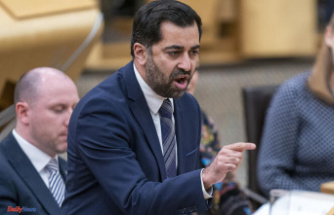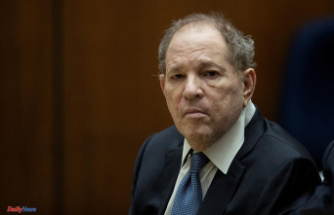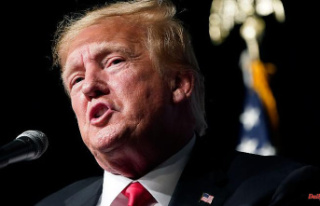Prime Minister Elisabeth Borne stated that the tariff shield on energy prices could soon be replaced with more targeted assistance for French citizens of low income next year. She made this statement on Saturday, July 9th in Aix-en-Provence (Bouches-du- Rhone).
The head of government assured the media that they would not expose the poorest French citizens to uncontrolled increases in energy prices. He spoke on the sidelines to the Aix Economic Meetings. She pointed out that "electricity would be a third less expensive if there was no price cap or shield on gas prices" and "gas 45 to 50%" more costly if they did not.
Elisabeth Borne said that, due to the high cost of the State's tariff shield, it was necessary to "move from general mechanisms towards more targeted mechanisms". "The work is still in progress."
His side stated that "Now, we are at the heart of the peak in inflation which will continue for several months more, so it is necessary move to more targeted assistance" on low-income individuals who most suffer from inflation. The Economic Meetings were attended by Bruno Le Maire, Minister of Economy.
He stressed that we must assist those who truly need it, and added that "our policy will remain a supply-side strategy." Bruno Le Maire said, "We aren't going to replace the supply policy that has yielded good results with a demande policy which would fuel inflation."
The government announced on Thursday that the aid for people who drive to work will be taking over from the general discount 18 cents per liter fuel price. This will gradually decrease, and then end. In December.
Elisabeth Borne, when asked about whether it would be wise to impose a tax on "surplus profits" that companies might realize due to the sharp rise of energy prices was less evasive.
She stated, "In principle, yes, there may be people who make superprofits out of the crisis. However, we want that to benefit everyone and reduce the burdens that it can cause." She immediately reaffirmed that "afterwards it's not entirely simple." "Many of our neighbours have established mechanisms to tax these excess profits", however, "we are not in a similar situation" in France.
The Prime Minister stated that EDF has production problems today with its nuclear fleet, and that we import huge amounts of electricity from abroad. This ruled out any possibility of EDF making "surplus profits". On the other side, there are oil companies that have distribution activities in France but do not generate super profits.












